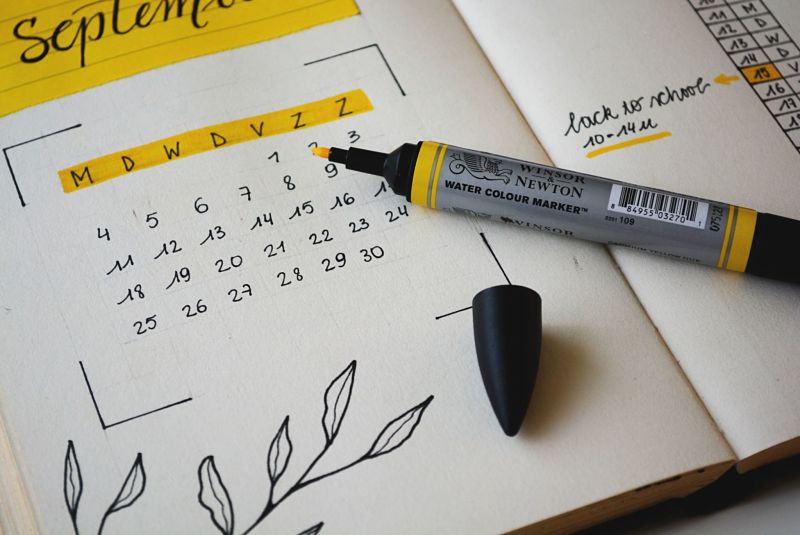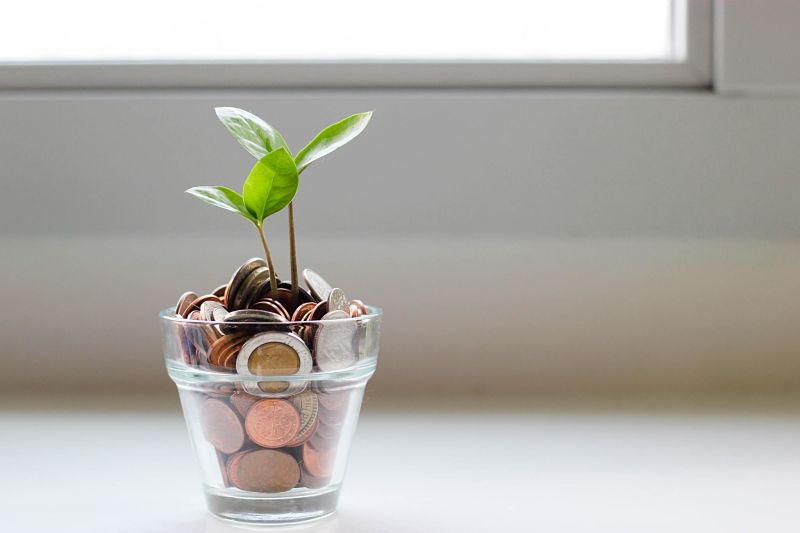
If you’re young, saving might be the last thing on your mind. With student debts to pay off and with the rising costs of living to manage, trying to put something away every month might be low on your list of financial priorities.
However, getting into the saving habit early can be hugely beneficial for you. Our guide looks at why you should save early and often.
Why you should start saving for your retirement early
Your retirement may seem a long way away. However, starting retirement saving early means you have more time to generate the sort of pension income you want.
Figures from the BBC show that someone starting retirement saving at the age of 25 would have to put away £246 a month, net of tax, to achieve a retirement income of £20,000 per year – if you assume that you’ll receive a state pension of £8,000 per year.
If you delayed and waited until the age of 35, you’d have to save £404 each month. And, if you left your saving until the age of 45, you’d have to pay in a whopping £826 if you’re a man, and £861 if you’re a woman, who live longer on average than men.
Patrick Bloomfield, a partner at pensions expert Hymans Robertson LLP, says: “The biggest message from this analysis is the cost of delaying when you start to save.
“The challenge is, when they’re in their 20s and 30s people are trying to save, they’re trying to get on the housing ladder, they’re being young and having fun. There are lots of calls on that money.”
Saving early means you benefit from ‘the miracle of compound interest’
Starting saving early doesn’t just mean that you will save for longer. It also means that your investments have longer to grow, and you get interest on the interest.
Experts call this ‘the miracle of compound interest’ because it makes a dramatic difference to your total investment returns.
In simple terms, if you invest £1,000 and make £50 in returns at the end of the first year, the following year you’ll generate returns based on not just your initial £1,000, but the additional £50 as well.
Get into the habit of saving
“Starting an investment habit when you’re young or early on in your career can be a great way to boost your savings pot and help you plan for the future,” says Ritu Vohora, Investment Director at the finance firm M&G.
“As well as helping you save up to buy your first home, getting into the mind-set of saving regularly can help you later on in life when you start a family or even retire.”
The Independent reports that you don’t need to put a huge sum of money away each month to generate a decent savings pot. Their calculations show that if you’d put aside £50 a month into a fund that tracks the FTSE All Share, your ISA could have grown to £9,488 after 10 years, beating cash in the bank by 56 per cent.
“Saving for retirement is like a diet: what you do day in, day out over a long period is more important than action in fits and starts,” says Steve Bee of Paradigm Pensions.
Saving up to buy a home
If you start putting money aside early and often, you are likely to achieve your dream of owning your own home much earlier.
David Mackie, president of the National Association of Estate Agents, says: “Larger deposits are being required for houses so it’s taking younger folk longer periods of time to save up those required.
“My advice to first-time buyers is: if you can, you should save money because it is cheaper to have a mortgage than renting.”
Saving can be tax-efficient
One of the advantages of saving early and often is that it can often be tax-efficient.
Saving into a pension offers a range of tax benefits. This is because you can receive tax relief on contributions that you pay into your pension scheme at the highest rate of income tax that you pay.
An Individual Savings Account (ISA) is also a tax-efficient way to save. For example, our Stocks and Shares ISA lets you save £30 or more each month (up to your ISA limit of £20,000 per year) in a long-term savings plan. We aim to pay a quarterly bonus to help your savings grow, although as with any investment this is not guaranteed.
All your returns from an ISA are free of tax. This enables you to save up for your house deposit, wedding, or dream holiday in a tax-efficient way.
It is important that you consider the following:
• When you take out an investment product with us your capital is at risk and you may get back less than you have put in.
• Past performance cannot be taken as a guarantee of future returns.
• Bonus rates vary depending on the performance of our investments and in some years we may not pay out any at all.
• HM Revenue and Customs may change the tax status of an ISA in the future.
• Inflation and making regular withdrawals may affect the purchasing value of your investment in the future.
• In poor investment conditions we may apply a Market Value Reduction (MVR) (please see Key Features document).
Please note: Whilst the information in this article was correct at the time of publication, as of January 2024 we have updated the bonus payment schedule to every three months (quarterly) instead of once a year. Past bonuses are not a guarantee of future bonuses.


